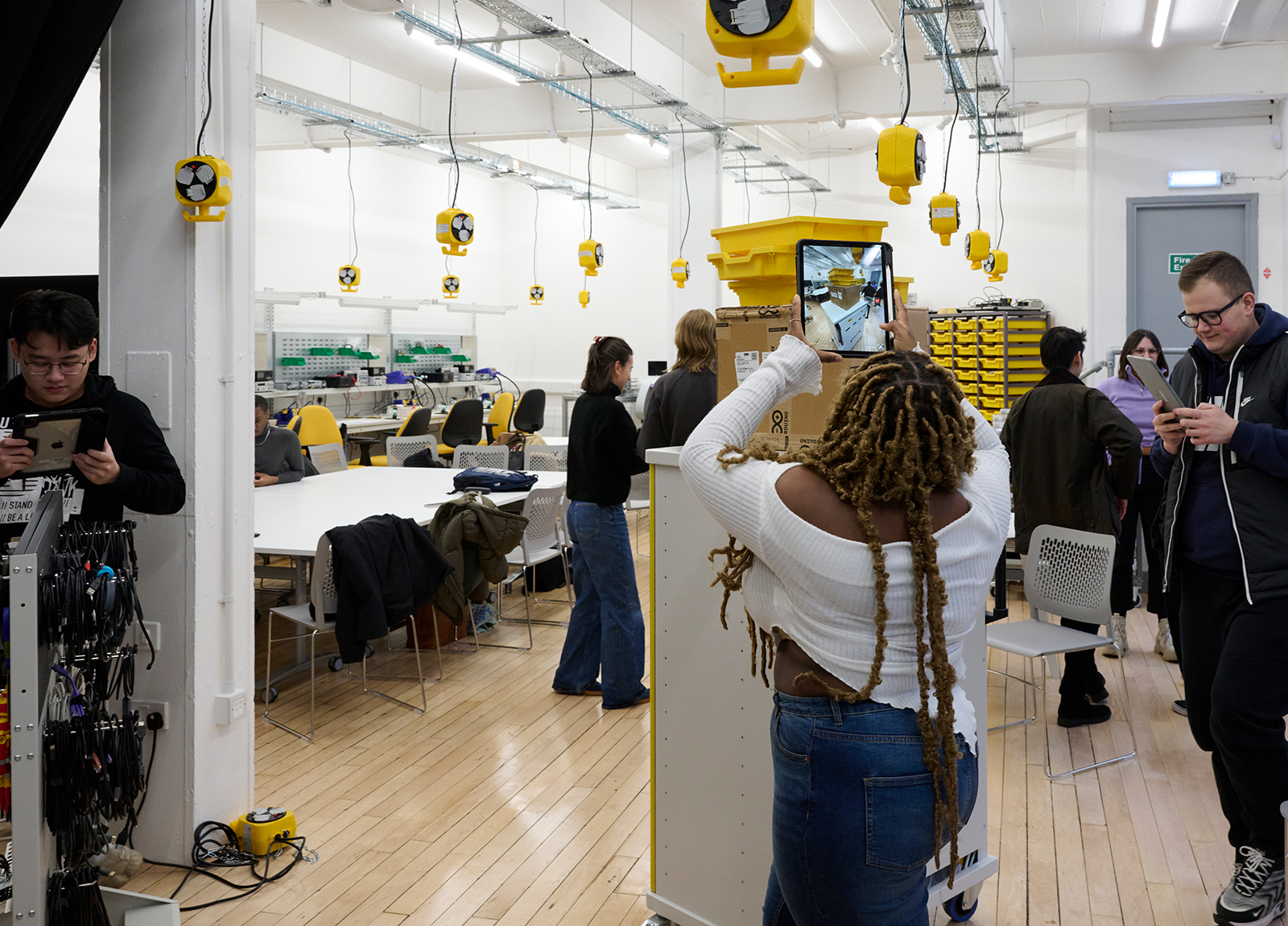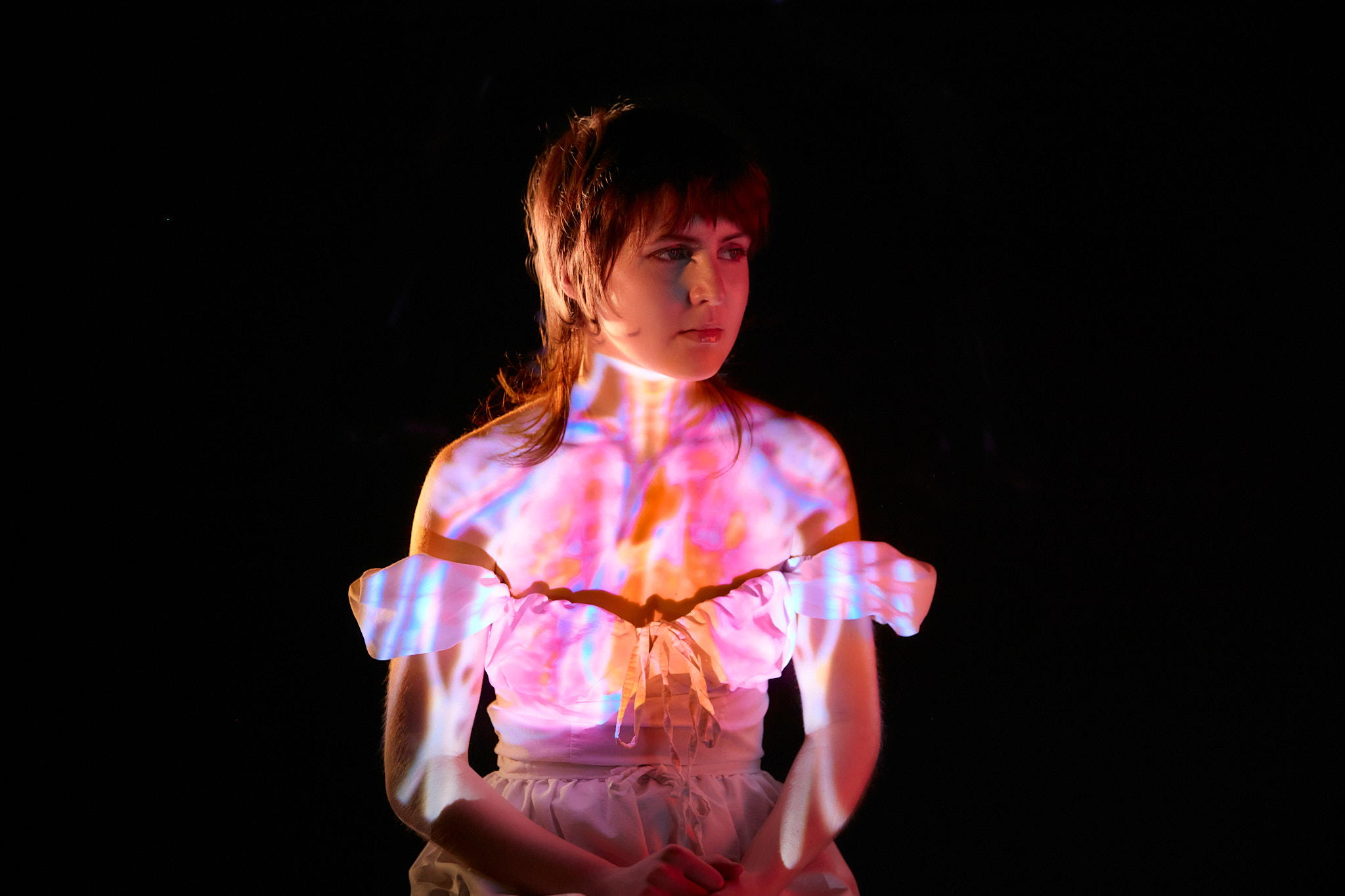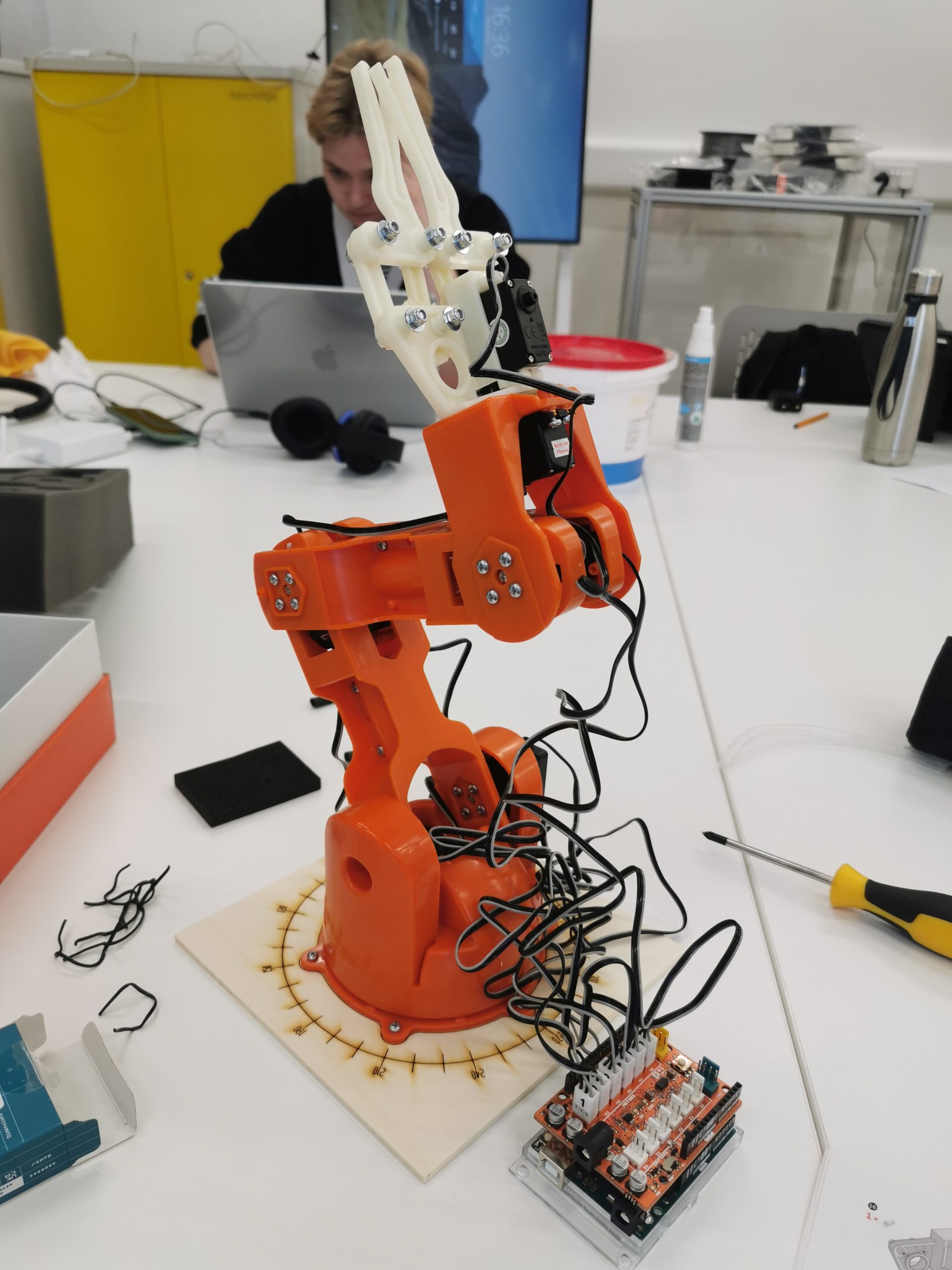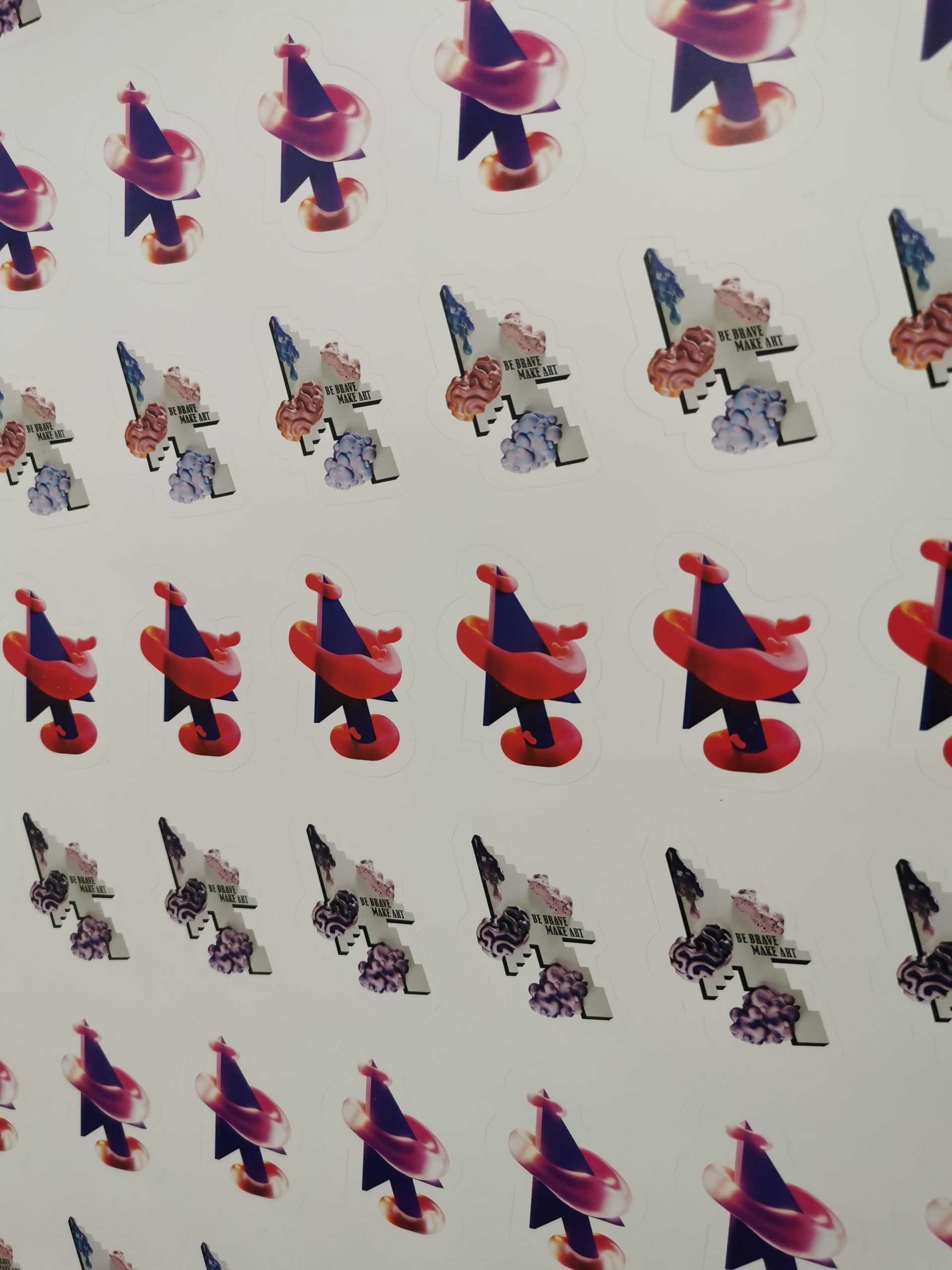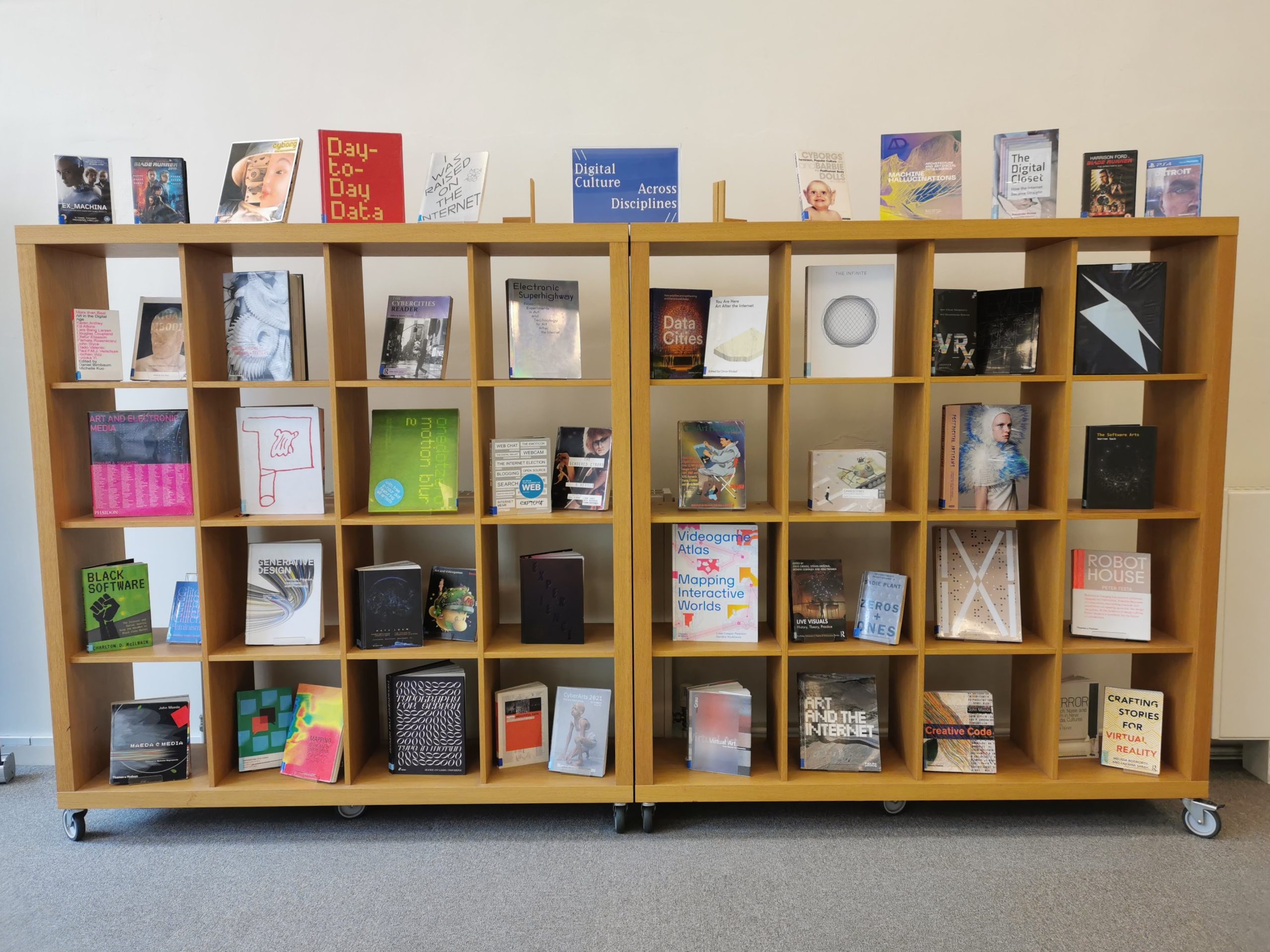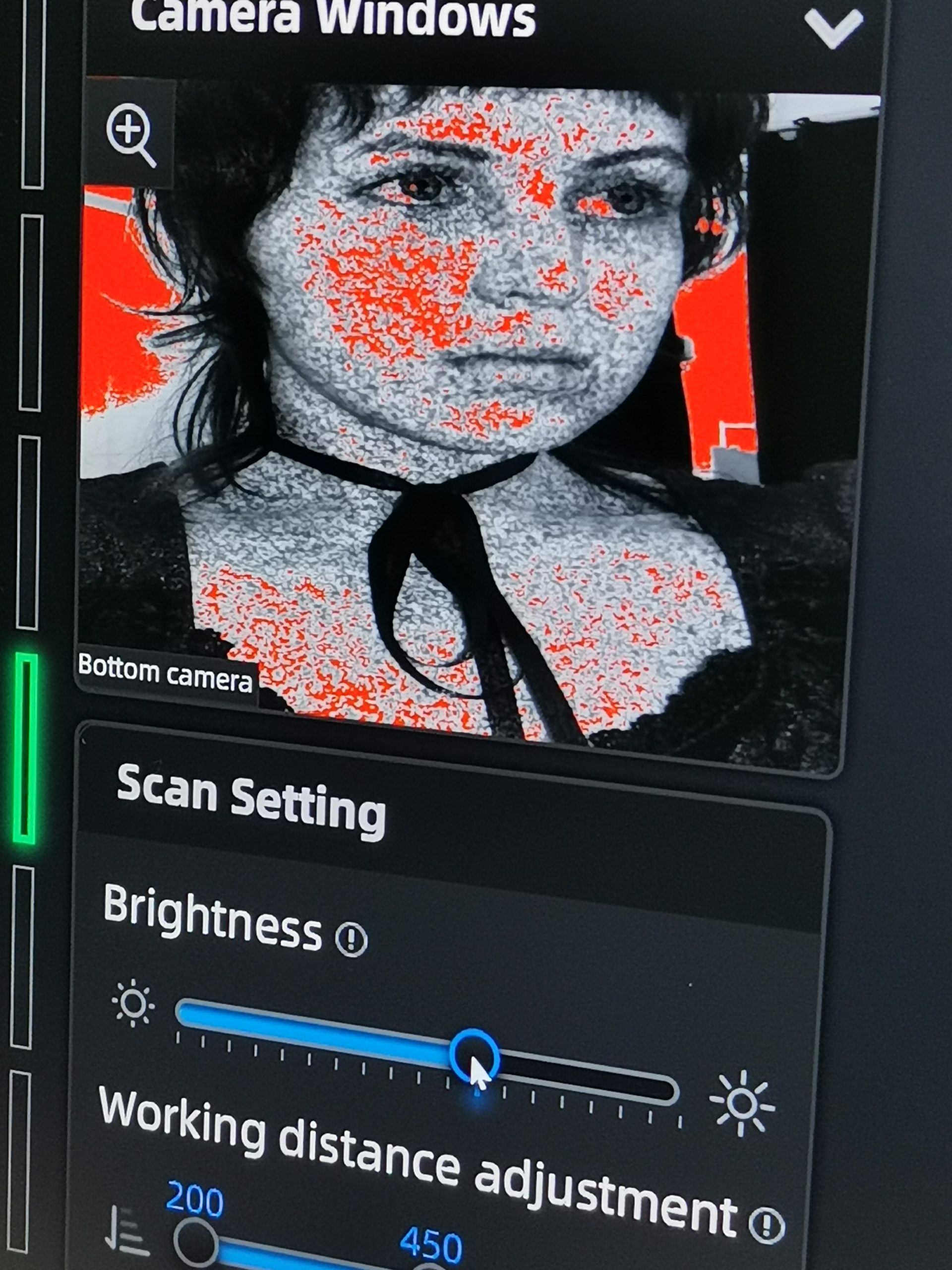Ruby Snell: My experience on the Creative Computing diploma
Ruby is a BA (Hons) Animation and Visual Effects student currently studying on the Creative Computing diploma.
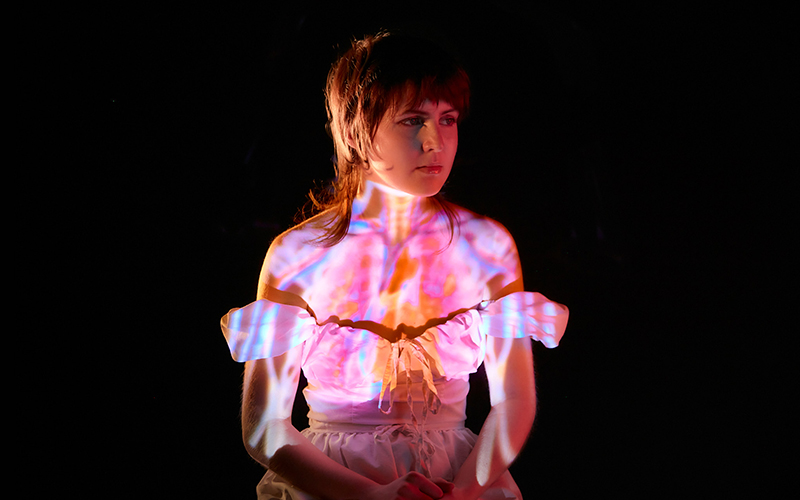
In this blog she talks about her work, inspirations and why she decided to study the Creative Computing diploma.
Hi, my name’s Ruby and my course is BA (Hons) Animation and Visual Effects with Creative Computing. I’m currently studying the ‘creative computing’ part of that mouthful – this is a one year diploma that you can take in between your second and third year of study at Norwich University of the Arts. I’m interested in using data and simulation to play with the boundaries of organic and synthetic, real and virtual.
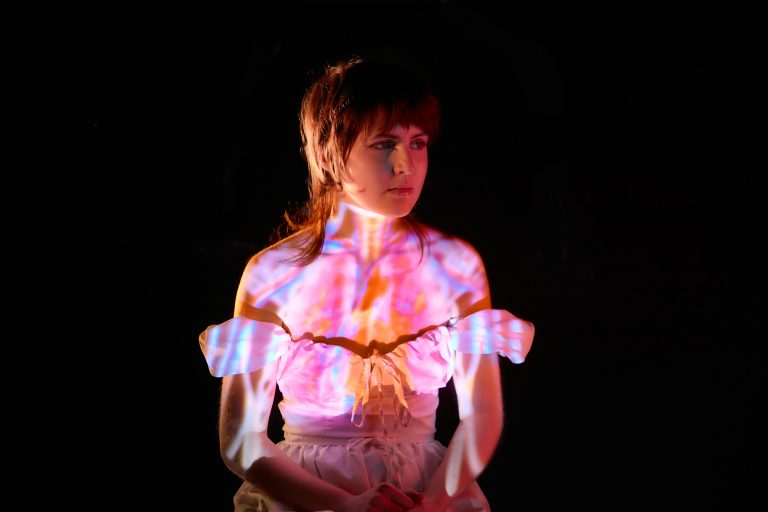
Photo: Joe Collins, BA (Hons) Photography
Why did you choose to study the Creative Computing diploma?
I’ve always wanted to try bringing an interactive element into my practice, but found it hard to find the time to teach myself coding (let alone figure out where to start!) whilst also keeping up with my Animation and VFX course content. When I found out about the Creative Computing diploma, I knew it would be the perfect opportunity to dedicate an extra year to delve into the rich world of interaction and computation. I am now so much more confident about going into my final year because I feel like I have the skills and the knowledge to realise the projects that I’d always dreamed of, but wouldn’t have had the slightest clue how to start otherwise!
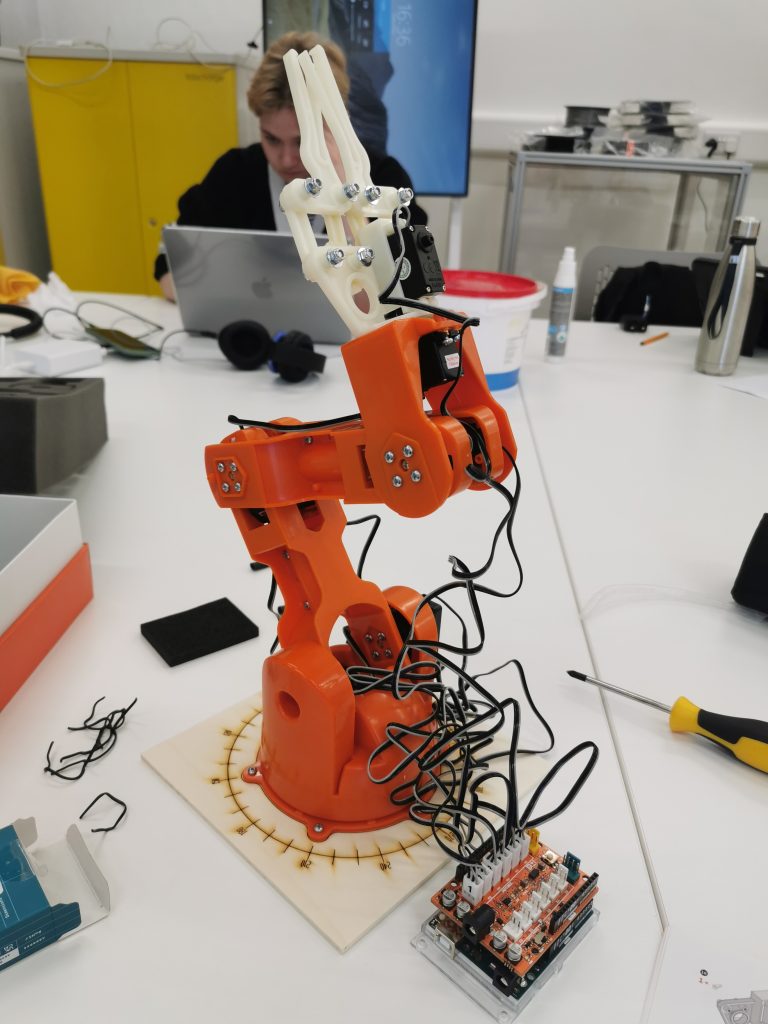
What does an average day look like as a student at Norwich?
On Mondays and Fridays we have no scheduled classes. On these days we can work independently, whereas on other days, like Tuesday and Thursday, we have the bulk of our studio sessions. This is where we are taught new skills and techniques (anything from JavaScript to Augmented Reality software), or we work on our own projects, with our tutors and peers available to help if needed. On Wednesday mornings, we have optional technical sessions with the fantastic Will Hurt, who is the workshop manager for the Creative Tech Lab. Finally, on Thursday mornings, we have a lecture, often from an industry professional. If I’m in all day, I love popping out for a lunch break with friends from all different courses, where we will often catch each other up on how our projects are going.
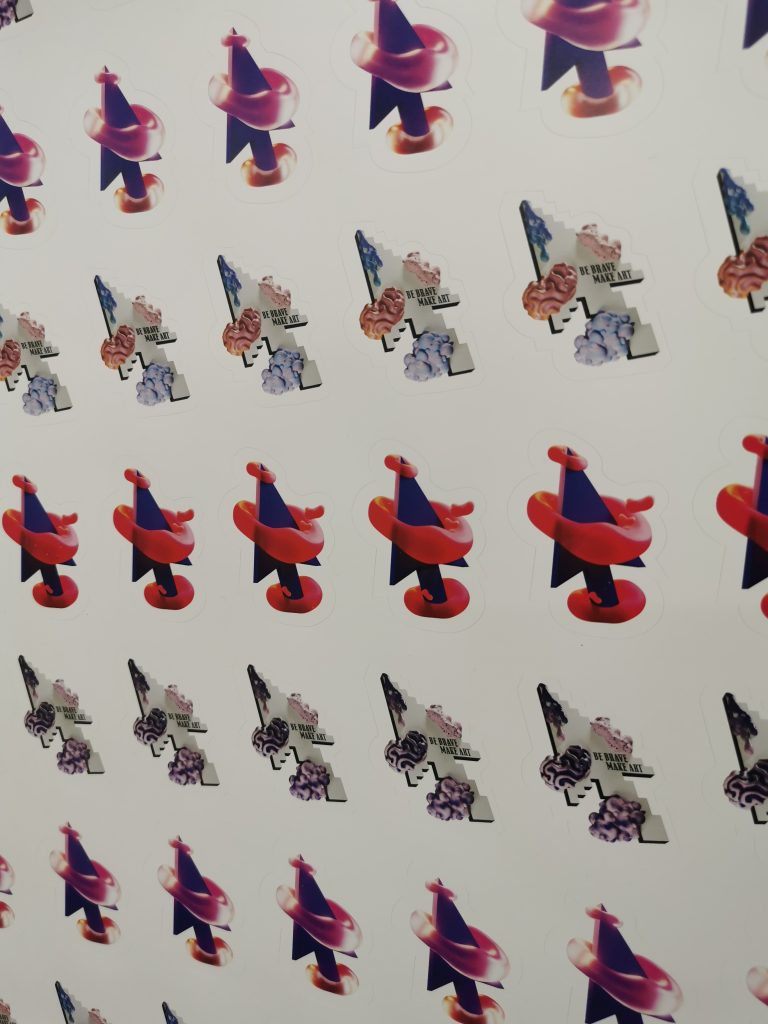
How do you find living in Norwich?
My favourite thing about Norwich is that it feels like everything is on your doorstep. I’m originally from London, so being able to walk pretty much anywhere without having to spend an hour on the tube is still a bit of a novelty. I also love the creative spirit, which is reflected not only in the arts organisations and events but also the wealth of independent shops, bars and restaurants scattered across the city!
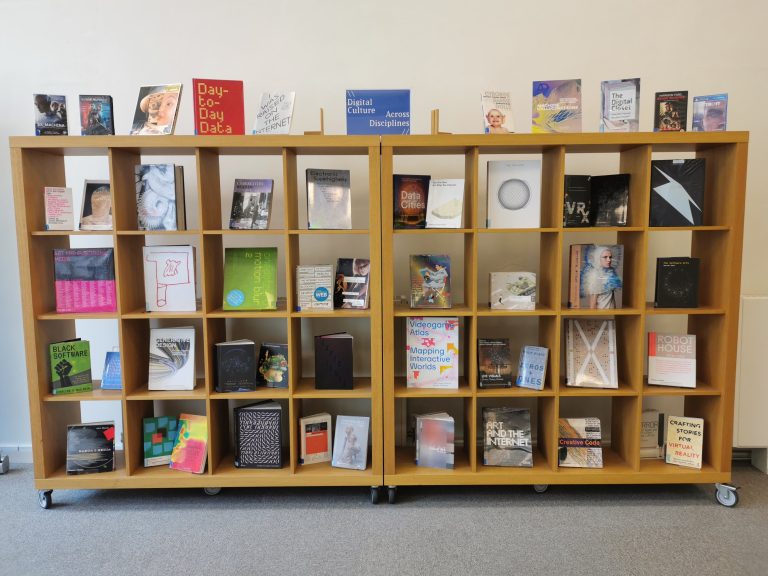
How do you stay inspired and where do you look for inspiration?
I think that original ideas come from absorbing as much work from outside your own discipline as possible. I always try to keep up with what people are doing in other courses; fashion, film, architecture, etc, to build up a library of creative references to draw upon. One of my favourite ways to do this is by visiting the library, or exhibitions, such as the ones in our very own university gallery, East Gallery. My work is very research-based, so I also do a lot of academic reading. I’m especially interested in the interplay between art and science; at the moment I’m working my way through Volumetric Regimes by Jara Rocha. Some of my current favourite practitioners right now are Wendi Yan, Jann Choy, Simone C Niquille, and Ryoji Ikeda – these are four of the key inspirations for my next project.
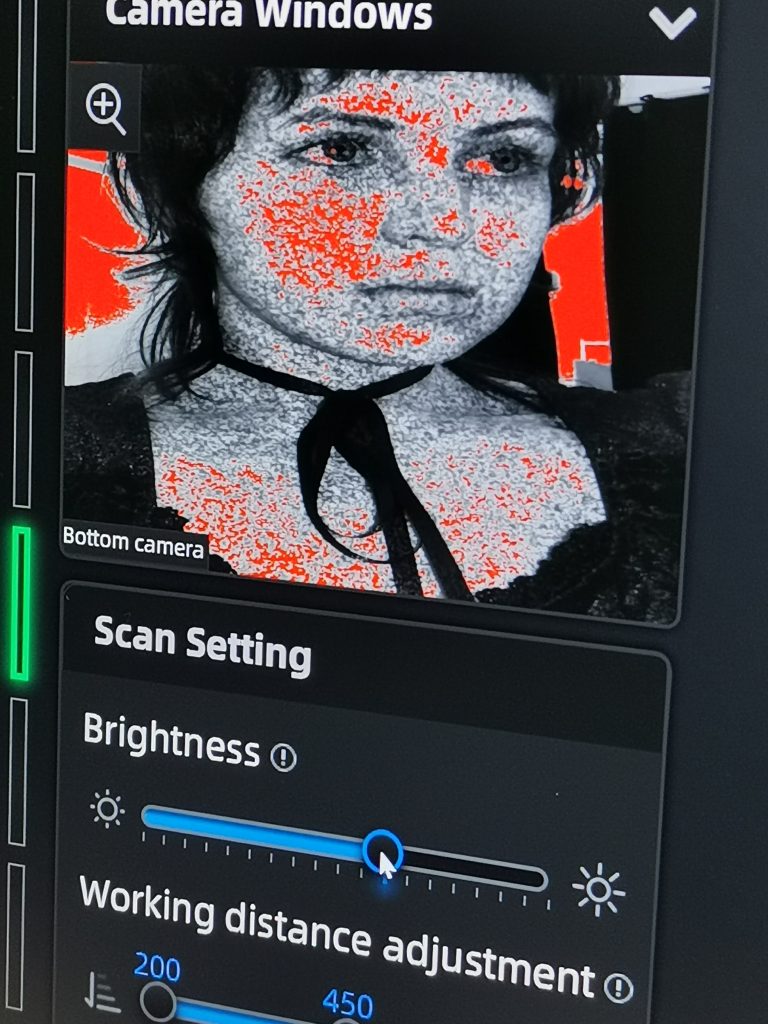
How do you use the facilities at the University?
As mentioned before, I’m a massive fan of the library. Browsing the shelves is a great way to stumble upon fresh avenues of inspiration, rather than relying on online, algorithm-driven echo chambers always showing you similar work. You can also request new items if they don’t have a specific book or film that you’re looking for, which I am always doing! As a creative computing student, I’d be remiss not to mention the Creative Tech Lab, which is a treasure trove of computing hardware and software. One of the fantastic technicians there, Hannah, runs workshops throughout the term teaching us students how to use all the new kit. In my next project, I’m hoping to use the eye trackers for the first time. I also really want to try using the 3D workshop before I graduate – I just need to think of a relevant project!

What has been your highlight so far and why?
Without a doubt my highlight has been having work that I made for an augmented reality brief exhibited at Collusion’s ART // TECH // PLAY event back in March! Collusion are a creative technology arts organisation based in East Anglia, and ART // TECH // PLAY is their programme of events that allow artists to meet, exhibit, and present. In my second year, they ran a projection mapping workshop for Norwich University of the Arts students. This really fuelled my growing interest in creative computing, so it was exciting that they wanted to show my work – a bit of a full-circle moment.
Do you have any plans for when you graduate?
I’m hoping to work for one of the creative computing focused design studios that I really admire – maybe through an internship? In my own time, I’d also like to keep a more fine-art-based practice running so I can continue to have a practical outlet for my research!
See more of Ruby’s work
Website (opens in a new window) Instagram (opens in a new window)Level 5 Diplomas at Norwich
All students have an opportunity to spend a year, between the second and third year of their course, enhancing their technical skills and employability options through a Level 5 Diploma.
The Creative Computing diploma is designed to introduce you to creative computing, and to help give you an understanding of how coding skills can be used to advance and complement your creative practice.
The Diploma in Creative Professional Development has been developed to offer undergraduate students the chance to spend a year exploring their employability options through a structured programme of input sessions and work-based learning.
Gallery
Other interviews
-

In conversation with Norwich’s newest lecturers in Marketing and Business Management
-
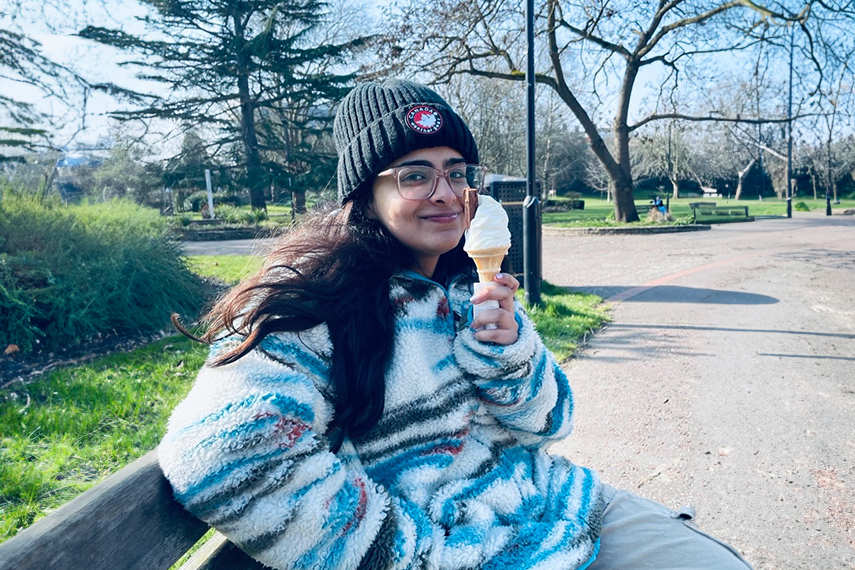
Dear future international students – Diya Vaya, BA (Hons) Film and Moving Image Production
-
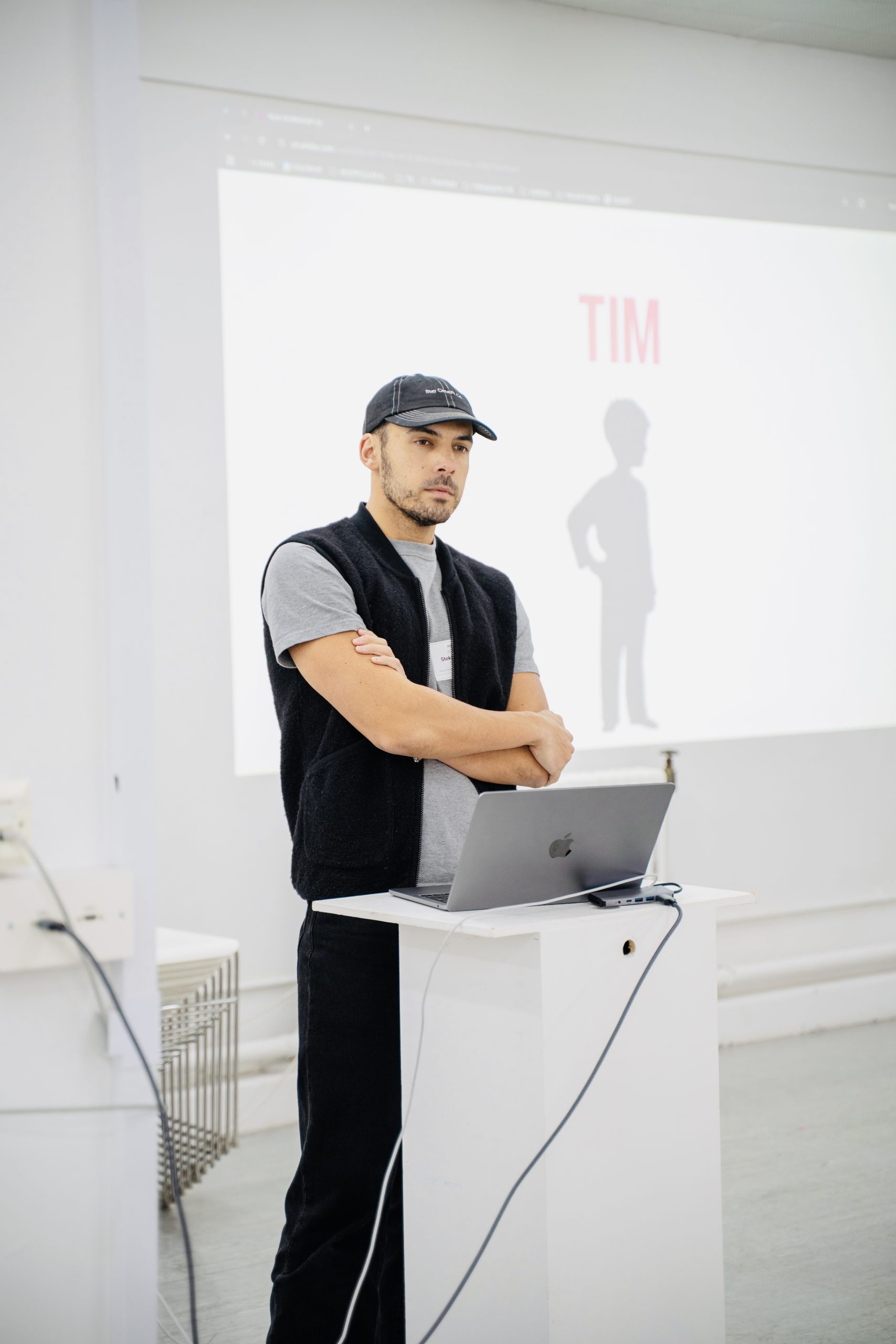
Inside Interchange Week with Stokely Howard of Trendy Grandad
-

Shape Shift Converse Rework: Authentic co-creation of art in mental health settings
-
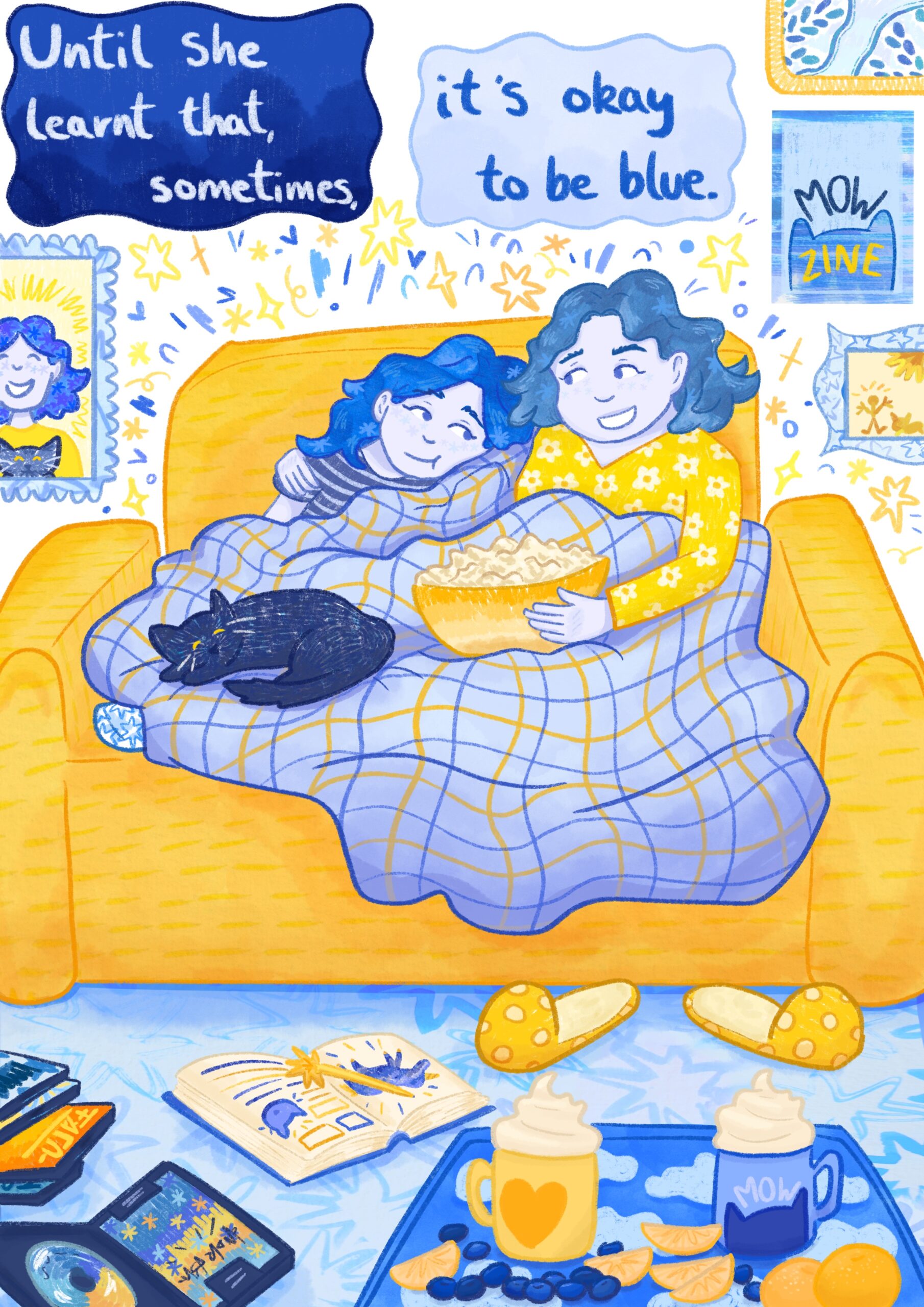
In conversation with Gabriella Mason, BA (Hons) Illustration
-
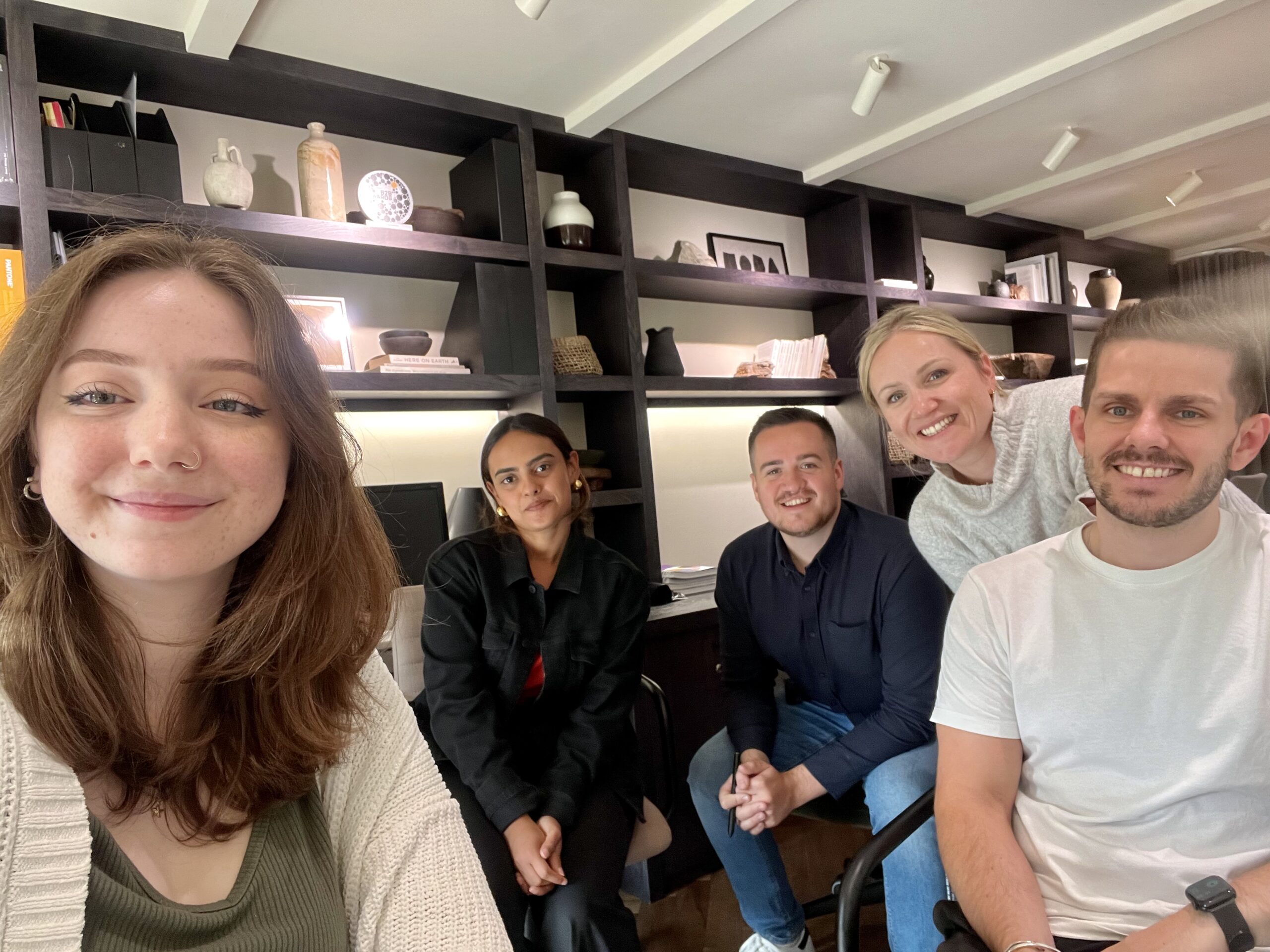
In conversation with Cassie Muskett, BA (Hons) Graphic Communication
-
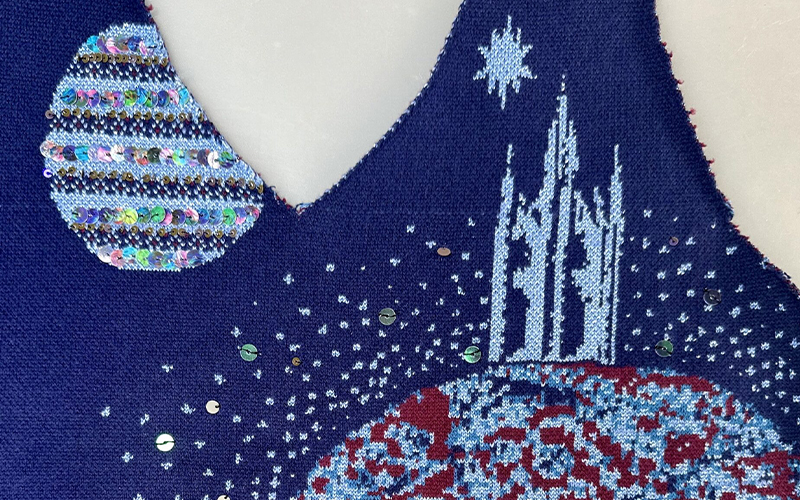
Embracing AI in Textile Design: A journey of creativity and collaboration
-
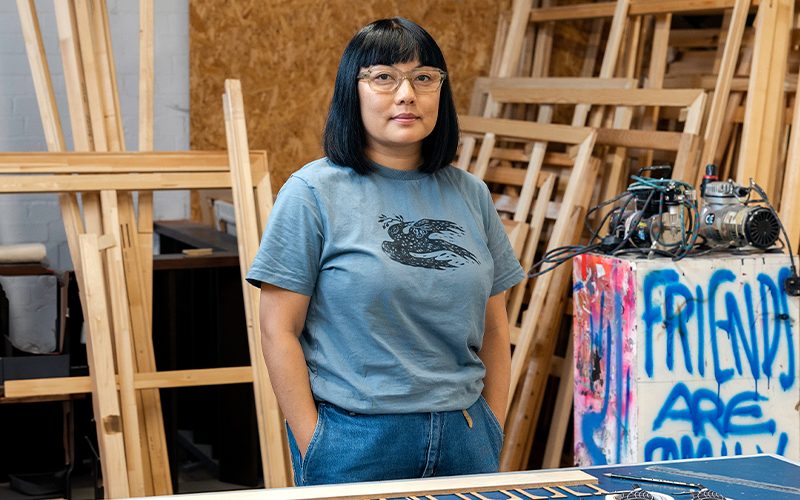
In conversation with: Alice Lee, BA (Hons) Illustration lecturer
-

In conversation with: Lucien Kelman, BA (Hons) Animation
-
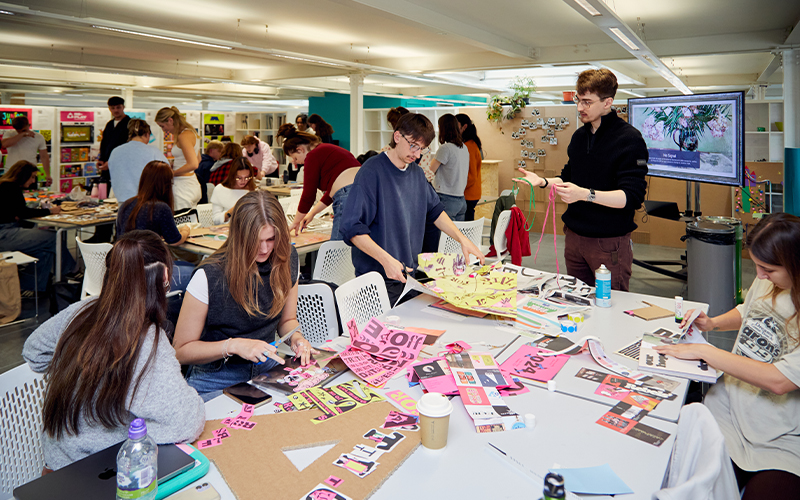
In conversation with: Sam Butler, BA (Hons) Graphic Communication
-
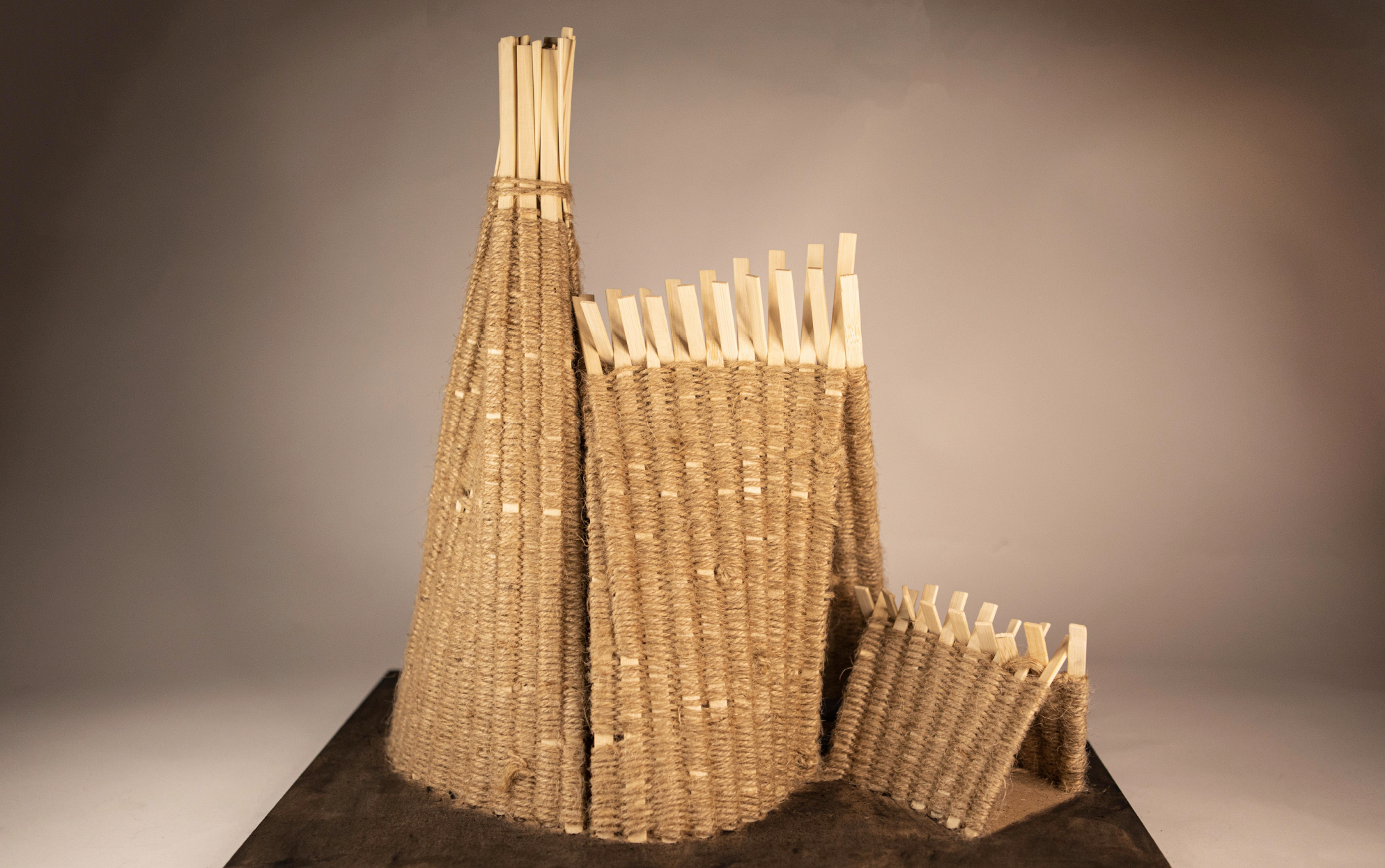
In conversation with: Tracey Lin, BA (Hons) Architecture student
-
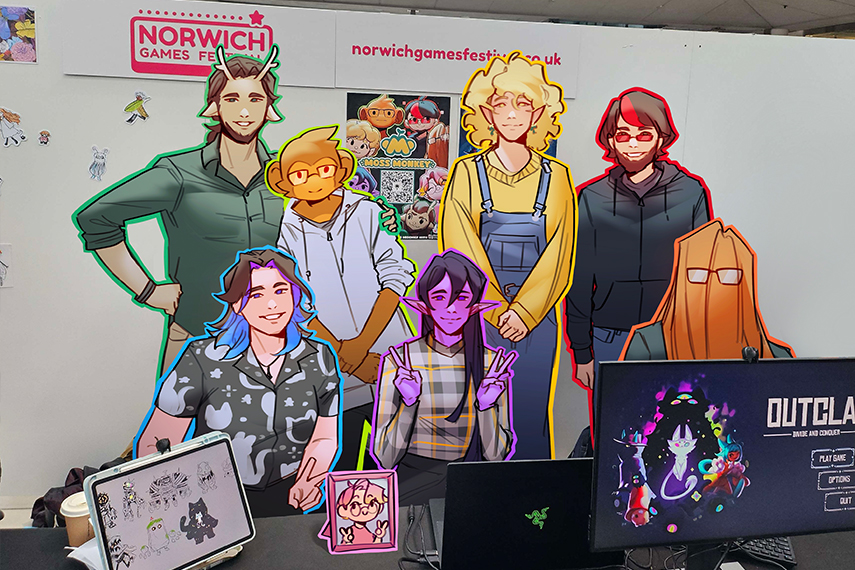
In conversation with: Iz Head, BA (Hons) Games Art and Design
